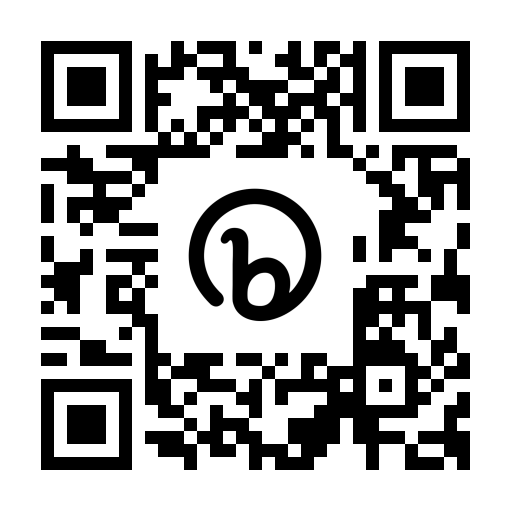Social media has become a staple in our daily lives, with billions of people around the world using platforms like Facebook, Instagram, and Twitter to connect with others and share information. However, as the use of social media has grown, so have concerns about the negative impact it can have on our mental health. In this blog post, we will explore the dark side of social media and how addiction to these platforms is killing our mental health.
One of the main concerns about social media is the way it can fuel addiction. Social media platforms are designed to be highly engaging, with notifications, likes, and comments all designed to keep us coming back for more. This constant stimulation can lead to a state of addiction, where people find themselves compulsively checking their social media accounts even when they know they should be doing something else.
This addiction can have a serious impact on our mental health, leading to feelings of anxiety, depression, and loneliness. For example, constantly comparing ourselves to others on social media can lead to feelings of inadequacy and low self-esteem. Additionally, the constant stream of negative news and information on social media can lead to feelings of hopelessness and helplessness.
Another concern about social media is the way it can affect our relationships. Social media can make it easier to connect with others, but it can also make it harder to form and maintain real-world relationships. For example, people may find themselves spending more time on social media than they do talking to friends and family in person. Additionally, social media can make it easier to engage in cyberbullying and other forms of online harassment, which can have serious consequences for our mental health.
To combat these negative effects, it is important to be aware of the potential risks associated with social media and to take steps to manage our usage. This might include setting limits on the amount of time we spend on social media, unfollowing or blocking accounts that make us feel bad, or turning off notifications for certain apps. Additionally, it is important to focus on building real-world relationships and engaging in activities that are not related to social media.
In conclusion, social media has many benefits, but it is important to be aware of the potential risks associated with addiction and overuse. By being mindful of our usage and taking steps to manage it, we can reduce the negative impact social media can have on our mental health and focus on building real-world connections and relationships that are truly meaningful.


